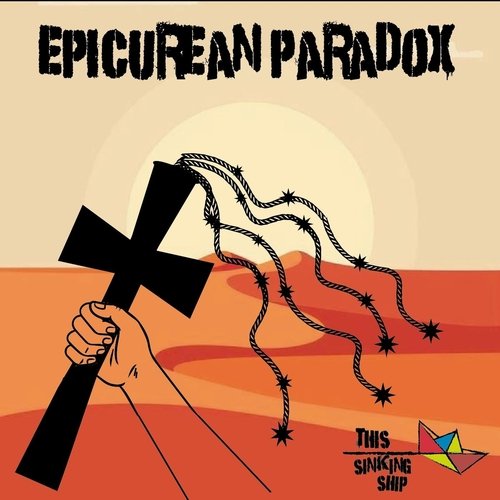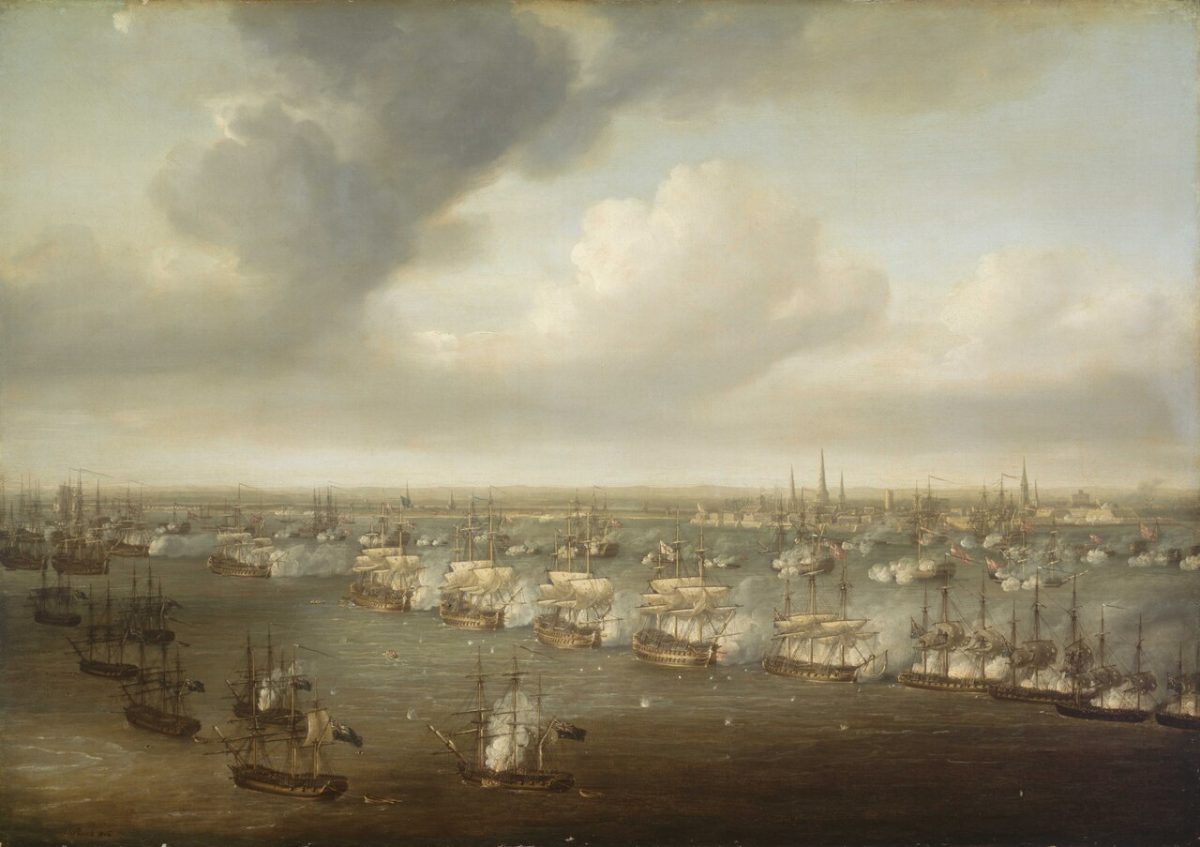Amid growing religious tensions and violence in the Middle East, it seems like many people are once again asking questions about the nature of God and Evil. They wouldn’t be the first. Epicurus was a Greek philosopher who lived from ~341 BC to ~270 BC. In today’s internet world he’s commonly referred to as asking the question “Why call Him God?” In reality, another philosopher, David Hume, asked the question (sylvesterreport.medium.com). Yet, the argument commonly associated with him, known as the Epicurean Paradox, presents another round at the complex and age-old Problem of Evil. This issue revolves around the idea of an omnipotent (all powerful), omniscient (all knowing) and omnibenevolent (all good) deity that appears to come into conflict with the existence of evil. For starters, let me just say I am not a professional philosopher. I don’t have a definitive answer to the Problem of Evil. What I can offer, and what follows in this article, are my thoughts about each step of the pathway.
A simple Google search of the words “Epicurean Paradox” will yield many images of a flowchart, containing various questions in a sort of choose-your-destiny kind of style, finally complimented with a sort of low quality picture of Epicuro himself in the corner, staring rather seriously at any readers who encounter it. The first box at the top of the flowchart is not a question, but an observation: “Evil exists.” This itself is a subject philosophically up for debate, and the definition of evil remains disputed, so in order to proceed with the rest of the argument, the viewer must first agree with this observation. Personally, I do agree evil exists, and I believe we do have a morality that determines certain actions as good, and certain actions as evil. I believe this is so because of an argument from C.S. Lewis, stating (paraphrased) that a person does not know a skewed line is not straight without first seeing a straight line. This could be explained further, but for the sake of the article length I’ll get to the main points.
The next step after the initial observation is the question “Can God prevent Evil?” If the answer is no, then God cannot be omnipotent. If the answer is yes, then the chart moves on to ask if “God knows about all the Evil.” If no, he is not omniscient, if yes, the flowchart naturally proceeds to the question “Does God want to prevent Evil?” Once again, if no, he is not omnibenevolent. Finally, if the last question is answered yes, then it leads to the ultimate one: “Then why is there Evil?” Each of these, to me, are very straightforward, and are all answered yes in order to fit the characteristics of God explained earlier in this article. There’s probably hundreds of answers to this question. Once again, to be brief, I’ll focus on two specific points that I think hold possible answers to the question.
The first answer poses a challenge to the omniscient characteristic. It centers around the answer that evil exists to test humanity. If evil exists to test humanity, and God is omniscient, why does he have to test humans in the first place if he is fully aware of what people will and will not do? To me this argument makes sense, if the reality is that God is somehow trying to find out who we are by testing us. If that’s the case, then of course he wouldn’t be omniscient. However, omniscience requires another characteristic of God: timelessness. As far as we can tell, time appears to be a characteristic of this universe. According to Einstein, it may be intertwined with space. A timeless God observes the course of events not as one who sees the
future like a prophet but as an observer who continually sees all events occurring at the same time. If he prophetically saw the future it means he does exist within time, as the future has not occurred for him yet, and thus he would not be timeless. An omniscient, timeless creator must exist outside his creation, just as a sculptor is not the clay in a sculpture. While talking to my teacher Dr. Novak, however, he brought up an interesting point: perhaps the test is not for God to find out who we are, it is for us to find out who we are. This would make sense in the context that we as humans are not omniscient. I think it then conflicts with the idea that God is omnibenevolent however, since if evil is a necessary tool of self-discovery that would benefit us, then it would not make sense for God to want to prevent it. At the same time, however, if evil was a necessary tool of self-discovery, then in the strangest way possible, it wouldn’t be “evil,” it would in fact be good for us. This presents yet another contradiction, since well, morality indicates evil is bad, for lack of a better word. So now we come to another factor of the human condition: free will.
Free will is another bombshell of a disputed philosophical topic. Determinists would tell me it does not exist, and are fully free to believe that. However I think it poses the most convincing argument as to why evil exists. According to the idea of free will, humans are able to choose for themselves whether to perform good or evil acts. This conveniently explains why evil exists. Naturally however, it leads to the question of if God wished us well, then why did he allow us to choose evil? I believe this is because the inability to choose evil results in a mechanical, machine-like world. We cannot discernibly be “good” if we lack the ability to be anything else. Evidently, for some reason, God decided some kind of greater good comes out of our challenge of being able to choose evil but still choosing good. It’s difficult to argue against this as by doing so we are arguing against the very power that allows us to argue in the first place. The flowchart presents the challenge to the omnipotent and omnibenevolent characteristics of God, asking in effect why God didn’t create a universe with free will but without evil. I think the answer is relatively simple: Because a universe with free will but without evil conflicts with logic, as a square that is also a circle does. If free will is the ability to choose between good and evil, but hypothetically evil was not a choice, then free will is the ability to choose between good and nothing else, which is not a choice, and therefore not free will. Each of these arguments result in smaller paradoxes that are confusing yet shed light on the subject. Is it confusing? Sure, but we’ve got the ability to reason, so we might as well use it.
All in all, I think the Epicurean paradox either ends in God being specifically logically omnipotent, not pure power that surpasses all boundaries. This is not a hard fact, but an opinion I hold that contains just as much possibility of being foolish as the other paths of this flowchart. Perhaps God is malevolent, perhaps being logically all powerful means he may not be God. As this is a short newspaper article and not a full fledged and highly edited book, I encourage all of you readers to continue looking up this topic on your own, or with other, more educated figures.
Hope you enjoyed!
















